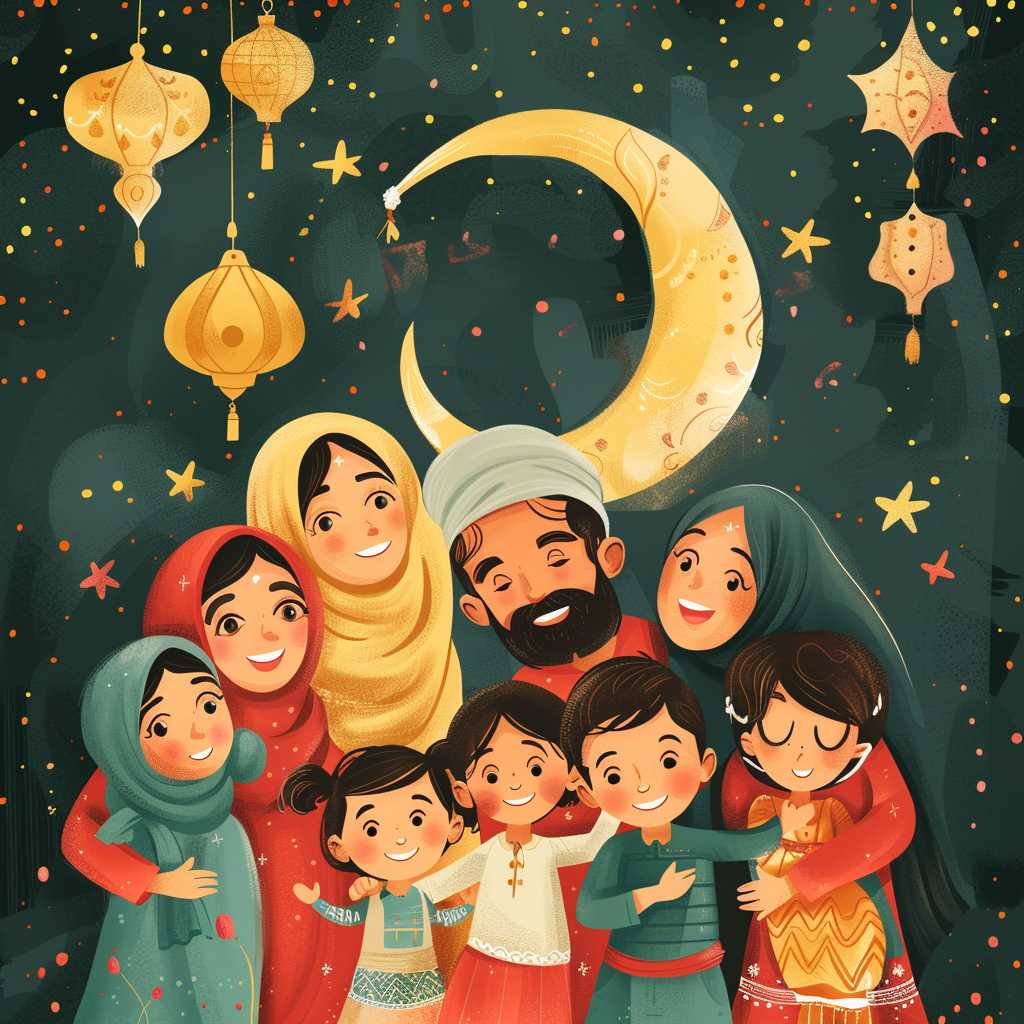# Eid al-Fitr 2024: Celebrating the End of Ramadan
Eid al-Fitr, also known as the “Festival of Breaking the Fast,” is a significant religious holiday celebrated by Muslims worldwide. The festival marks the end of Ramadan, the Islamic holy month of fasting. It is a time for communal prayers, feasting, giving to charity, and expressing gratitude. As the Islamic calendar is lunar, the date of Eid al-Fitr varies every year. In 2024, Muslims will once again come together in unity to observe this joyous occasion.
Understanding Eid al-Fitr and Its Significance
Eid al-Fitr has tremendous religious significance for Muslims, as it represents a period of reflection, spiritual growth, and communal worship. The celebration is mandated by Islamic teachings and is one of two major Islamic festivals; the other being Eid al-Adha.
The Lunar Islamic Calendar and Determining the Date of Eid
The Islamic calendar is based on the lunar cycle, and thus it is shorter than the solar Gregorian calendar by approximately 10-12 days each year. The beginning and end of Ramadan are determined by the sighting of the new moon, which also dictates the day when Eid al-Fitr will be celebrated. The specific date for Eid al-Fitr in 2024 will be announced by religious authorities once the new moon of Shawwal, the month that follows Ramadan, is sighted.
Ramadan: A Month of Fasting and Spiritual Reflection
Prior to Eid al-Fitr, Muslims observe Ramadan—a month devoted to fasting, prayer, reflection, and community. From dawn till sunset each day of Ramadan, faithful Muslims abstain from food, drink, smoking, and marital relations thus practicing self-discipline and empathy for those less fortunate.
Eid Al-Fitr Celebrations: Traditions and Practices
Eid al-Fitr commences with the sighting of the moon at the end of Ramadan. Traditions vary from country to country but commonly begin with a special prayer called Salah al-Eid which is performed in large gatherings at mosques or open areas. Before attending the prayer, Muslims perform Ghusl (ritual cleansing), wear their best clothes and enjoy a small breakfast—the first daytime meal after a month of fasting.
Giving Zakat Al-Fitr
One of the key tenets of Eid al-Fitr is the giving of Zakat al-Fitr or Fitrana. This mandatory act of charity ensures that all Muslims can partake in the celebration by providing the needy with enough resources to celebrate themselves.
Feasting and Community Gatherings
After completing morning prayers, communities come together in festivals that are characterized by large feasts with families and friends sharing specially prepared meals. Sweets such as ma’amoul (a date-filled pastry) are prepared as a staple Eid delicacy.
Eid Among Different Cultures
While common practices unite Muslims during Eid al-Fitr globally, cultural traditions add diversity to its celebration across different regions—from the henna decorations in South Asia to participating in communal games in certain African countries.
Gift-Giving
Exchanging gifts is another integral aspect of Eid celebrations often focusing around children. Besides money—referred to as Eidi—people give a range of presents that symbolize their love and blessings.
The Impact of Eid on the Economy
From increased charitable contributions to spikes in consumer spending on clothing, gifts, and food preparations, Eid al-Fitr also presents an economic dimension impacting both domestic markets and international economies.
Notes
_Image description: A festive background with crescent decorations symbolizing Eid; in the foreground, a diverse group of people can be seen smiling and embracing each other warmly in festive attire._
